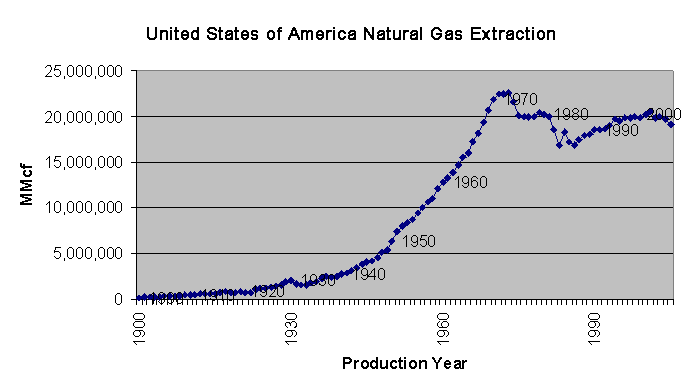
Yes, indeed, and it is documented that the growth of natural gas production is creating jobs, expanding manufacturing at a rate that was inconceivable a few years ago. The reason for all of this is fracking. The formal name is hydraulic fracturing. It is a process for extracting natural gas from underground rock formations (shales). It’s clean and safe despite the contrary claims of environmental extremists.
Fracking was invented by Floyd Farris in 1947. His tools were drilling instruments, water and sand. The popularity and production of the use was rather slow until 1997 when energy engineers devised certain chemicals to mix with the water. It was then that the process became more cost effective. Now it is estimated that more than 60 percent of all oil and gas wells in the world are being fracked. Of late, engineers in Canada are introducing a waterless form of fracking. U.S. companies have not yet utilized the process. They are so happy with the current utilization.
Happy they should be. Through fracking our nation has become the number one producer of natural gas in the world. The estimates of our reserves keep being increased as new shales are being discovered all the time. We have the cheapest priced natural gas as a result of our great supplies. In fact, we are now exporting natural gas to other nations. Japan, for instance, has a natural gas price that is four times that of the U. S. Consequently, Japan is our number one market for exporting. In addition, many nations of Europe and elsewhere are good customers of our energy companies. These are new found dollars and job creations. Our liquefied natural gas (LNG) import facilities have now been refitted for exporting. This is great.
Right now, our natural gas energy industry is responsible for more than 3 million jobs. The National Association of Manufacturers estimates that one million more jobs will be created by the middle of the next decade. They also report: Dow Chemical plans to build a new ethylene unit on the Gulf Coast by 2017. Formosa Plastics plans to spend 1.5 billion dollars on an ethylene plant and downstream assets in Texas by 2015. Chevron Phillips Chemical Co. announced a feasibility study to be completed this year on the merits of constructing an ethane cracker and ethylene derivatives facilities at a current site on the Gulf Coast. Bayer Corporation is reported to be discussing opportunities with chemical companies to build an ethane cracker at current sites in the middle of the Marcellus shale basin (Ohio, Pennsylvania, New York, New Jersey, Delaware and Maryland). Westlake Chemical will expand ethylene capacity in Louisiana by the end of 2012 and again in 2014. Shell Oil is building a petrochemical refinery in the Appalachians. Nucor is building a $750 million direct-reduced iron facility in Louisiana near the Haynesville Shale. This is all a result of the low cost of natural gas.
Some states may miss out on all this growth. New York and Maryland officials are trying to limit fracking in their states. That is fine with Pennsylvania and other neighboring states who are witnessing an economic boom within their borders. Pennsylvania has received more than $400 million in impact fees alone during the first two years of exploration of its portion of the Marcellus shale. There is no justification to limit or stop fracking. The Environmental Protection Agency (EPA) has been trying to find a reason but so far there is nothing to point a finger at.
In fact, Ernest Moniz, President Obama’s nominee for the Secretary of Energy, has just told Congress, “A stunning increase in production of domestic natural gas in recent years was nothing less than a revolution that has led to reduced emissions of carbon dioxide. The natural gas boom also has led to a dramatic expansion of manufacturing and job creation …brought about by widespread use of fracking and it must continue.”
Shale gas now accounts for 30 percent of total gas consumption compared with just 1 percent in 2000. Again, we have gone from being the world’s largest gas importer to being self-sufficient and a major exporter. Natural gas vehicles use a technique known as Compressed Natural Gas that has an affordable price of $1.95 per gallon. It is just amazing.
All of this growth will give local, state and the federal governments billions of new dollars via payroll, corporate and property taxes. New restaurants, hotels, homes, schools etc. will be built to accommodate the new workers and their families. God has truly blessed us.
So now, let’s build the Keystone Pipeline and start doing more oil exploration on federal lands and off shore.
Harry C. Alford is the co-founder, President/CEO of the National Black Chamber of Commerce®. Website: www.nationalbcc.org. Email: halford@nationalbcc.org.
